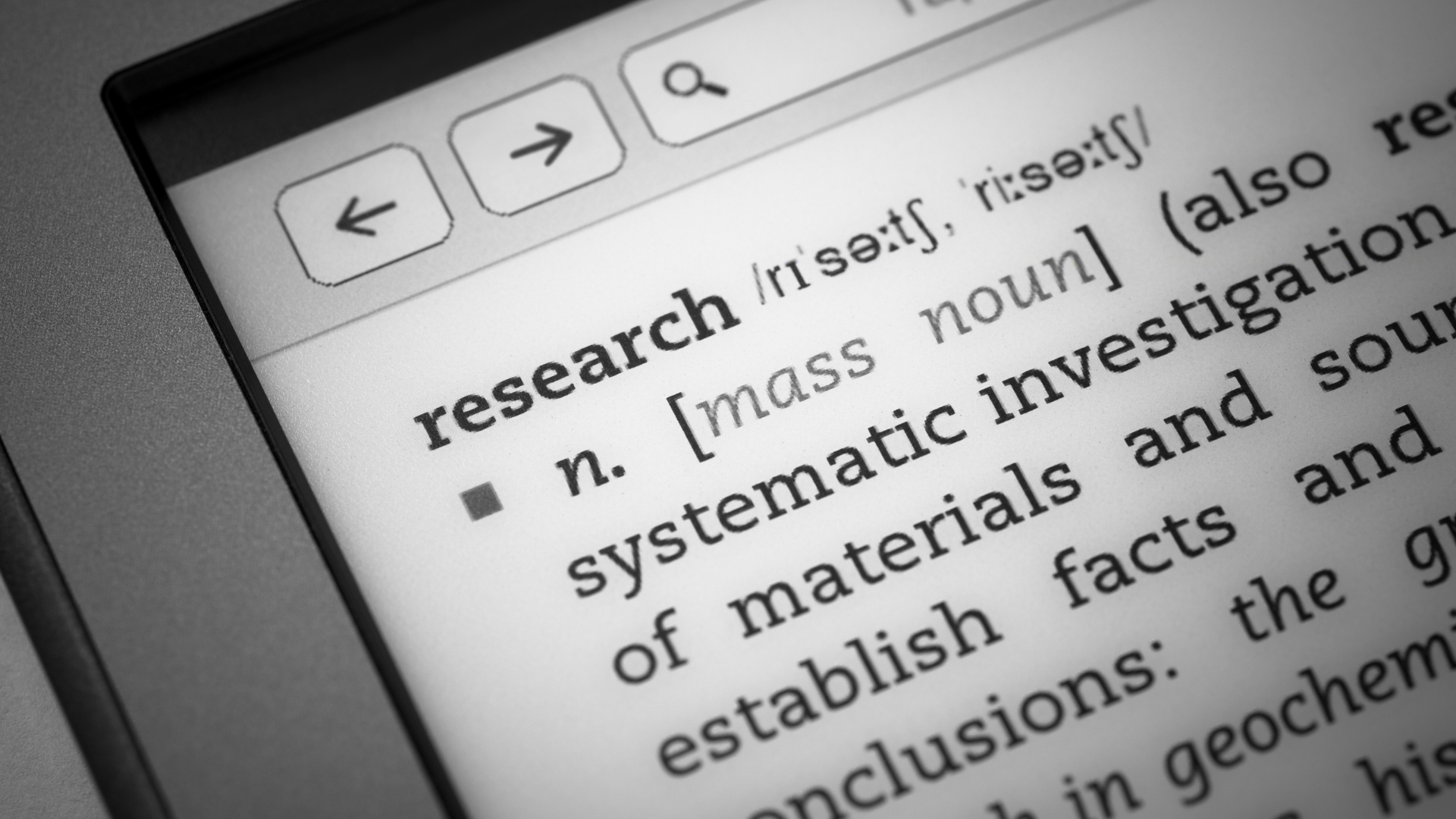Science-backed Hacks: Part 1

I’ve often seen these sorts of lists. But they never seem to have research backing them up. I thought to myself: let’s do the research and see what the science says. As a psychologist with a science background, I love some good old research or science.
This will be the first part in a series of science backed hacks to improve your mental health.
To be included on my list:
- There must be a high level of evidence.
- Evidence must be recent (in the last 5 years).
- It must be practical (Doesn’t help if you have to buy an expensive product).
These are the hacks I found that have good evidence:
Gratitude:
What it is:
Gratitude refers to a state of appreciation and thankfulness. Gratitude can be practiced though activities such as journaling or reflecting things one is grateful for.
The Evidence:
For:
In a large study of other studies, it was found that expressed gratitude had a positive effect on psychological wellness such as happiness, satisfaction and positive emotions experienced (Kirca et al., 2023). In a similar study, it was found that gratitude was negative correlation with depression (Iodice et al., 2021).
Another study found only modest evidence for gratitude exercises for symptoms of anxiety and depression (Cregg & Cheavens, 2021). Although only moderate, this evidence was still statistically significant.
Against:
Komase et al. (2021) suggest more study is needed as they found inconsistencies.
Gratitude Hacks:
- Gratitude Journaling: Writing a list of things one is grateful for each day
- Expressing of Gratitude: Expressing one’s grateful feelings to another
- Mindful Gratitude: Reflecting on and being aware of things we are grateful for
Being in Nature:
What it is:
Being in nature involves a broad range of activities and experiences related to being outdoors in nature. For example, walking, hiking, gardening or simply spending time in nature.
The Evidence:
For:
Nature based activities have been found to have a positive effect on wellbeing, and decreasing symptoms of disorders and stress (Bettmann et al., 2024; Coventry et al., 2021; Kotera et al., 2022; Menhas et al., 2024).
Against:
There was little evidence suggesting nature-based interventions were not of positive effect.
Nature based Hacks:
- Gardening
- Walk through or visit nature
- Have a meal in nature
Exercise
What it is:
There has been a longstanding belief that exercise is beneficial to one’s mental health. Some of these studies differentiate between aerobic (also known as cardio exercise) and anaerobic (also known as strength/weight training).
The Evidence:
For:
There is a large body of literature showing physical activity has a positive effect of wellbeing and a reduction in symptoms of depression, anxiety and substance use disorders (Buecker et al., 2021; Cunha et al., 2024; Noetel et al., 2024; Qian et al., 2022; Smith & Merwin, 2021; Ye & Liu, 2023). In a large scale meta-meta-analysis, Singh and colleagues (2025) found that exercise improved cognition functions and executive function (e.g. decision making).
Against:
There is some disagreement in which forms of physical activity are best. For example, some studies use aerobic exercise such as running/jogging/walking, others resistance/weight training, while others may examine yoga or similar.
Exercise Hacks:
- Cardio exercise
- Resistance/weight training
- Other exercise such as yoga
Sleep
What it is:
Sleep is a complicated topic. Stress and poor mental health may influence one’s sleep. Similarly, poor sleep can influence our mental health and wellness. In this way it’s hard to say which one causes the other. Nevertheless, sleep is a factor that can be modified though things such as sleep hygiene.
The Evidence:
For:
Improved sleep has a positive impact on general mental health, stress, anxiety and depression (Scott et al., 2022). Sleep quality is negatively correlated to negative mood states, depression, fatigue and workload (Baranwal et al., 2023; Litwiller, et., 2017)
Against:
There has been conflicting evidence related to the duration of sleep and mortality risks (Gao et al., 2022; García-Perdomo et al., 2019; Jike et al., 2018).
Sleep Hygiene Hacks:
- Keep a consistent schedule: Go to sleep and wake up at the same time every day
- Avoid naps, coffee and alcohol in the afternoon
- Avoid large meals before bed
- Keep your bedroom dark and avoid screen time in bed (Screens and light stops biological processes that help us sleep)
- Exercise during your day and Mindfulness practices
So, these are hacks that are based on science and research. As always, this is not medical advice and rather just a review of literature. I will be posting a part 2 soon, so keep checking this space. As out name suggests, we here at Thrive Psychology are all about thriving. I am available at Thrive Psychology and am passionate about improving mental health.
-Steve
